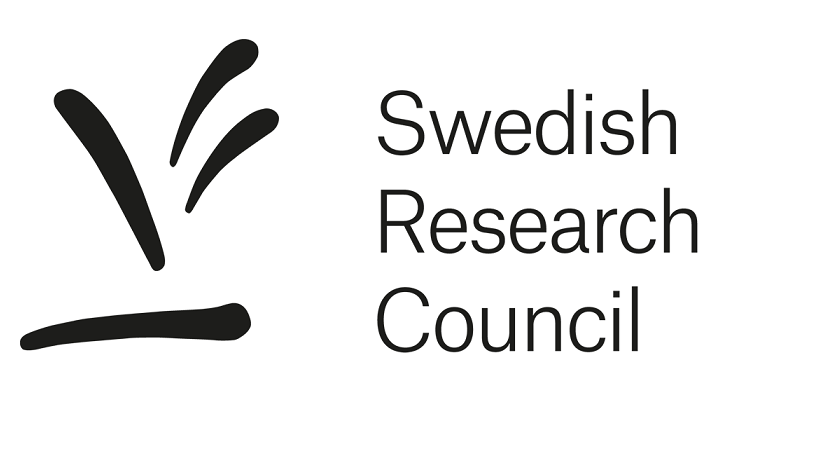Research project investigating economic policies that prevent and mitigate crises receives SEK 17 million grant
nov. 30, 2022
Researchers from SHoF, Stockholm University (SU) and the Institute for International Economic Studies (IIES) received a grant for a research project looking into how economic policies can prevent—and mitigate the consequences of—crises.

The project entitled “Crises and Inequality: A Financial-Markets Perspective” received the grant from the Swedish Research Council, and involves SHoF and SU’s Roine Vestman, SHoF’s Mehran Ebrahimian, Adrien D’Avernas and Paolo Sodini as well as SU and IIES’ Per Krussell, Tobias Philipp Broer and Kieran Larkin.
While crises hurt overall economic welfare, they also affect households very differently and even exacerbate inequality. The project aims to look into how financial markets, particularly households’ and firms’ need to save, borrow, and insure, interact with inequality during economic crises.
“Research conducted by some of the researchers participating in the grant tie the origins of inequality to the returns households earn on their wealth, which is highly dependent on the state of the economy and in particular on the business cycle,” director of the Institute for Micro Data at SHoF and Stockholm School of Economics finance professor, Paolo Sodini said.
“We do not know much about how financial crises affect wealth inequality, which is an issue of prime and urgent importance given the documented rise in wealth inequality around the world”.
Historically, macroeconomics was primarily concerned with inequality through its interest in unemployment, which tracks the cycles of economic activity quite predictably: when there is a boom, unemployment is low, and when a recession hits, unemployment spikes.
Today, inequality has moved into the center of attention for macroeconomists as it is well recognized that movements in unemployment go along with other measures of wellbeing: as recessions hit, not only do some people lose their jobs while others keep them, but several other measures of inequality rise as well.
The joint project aims to further document these features and to improve our understanding through careful construction of large data bases of household data containing an array of variables for each household.
Using available data to formulate models that describe household behavior in the face of the uncertainties like employment status, salaries, overall needs, prices of goods and services, the researchers hope to gain insights into how economic policy should be designed.
The project is expected to run from 2023 to 2028.
